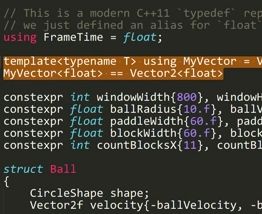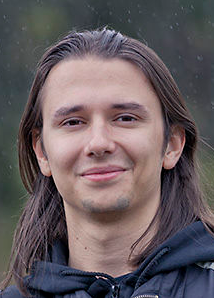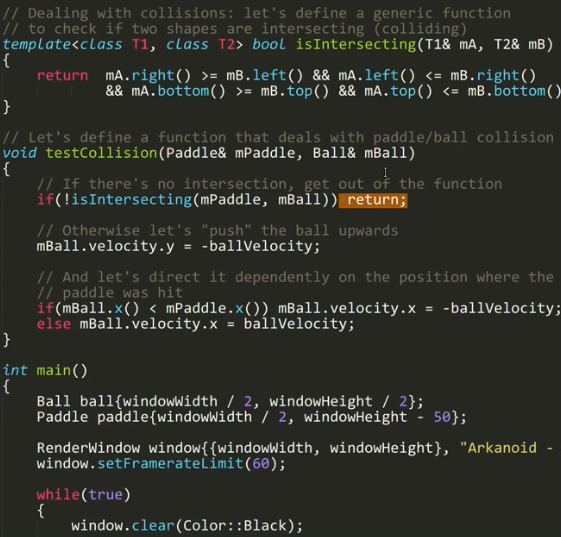Using STL Vectors, and Efficient Vectors of Vectors -- Thomas Young
 These are also the first two articles in a new blog by the creator of the PathEngine SDK.
These are also the first two articles in a new blog by the creator of the PathEngine SDK.
Note: One or two of the points can be controversial, but the content is interesting and informative especially as an experience report.
Using STL Vectors
Efficient Vectors of Vectors
by Thomas Young
From the articles:
The stuff we do with vectors can be broadly categorised into two main use cases:
- the construction of (potentially complex) preprocess objects, and
- run-time buffers for queries, where buffer size requirements are fundamentally dynamic in nature
Preprocess objects include things like the pathfinding visibility graph. These objects can take time to build, but this is something that can be done by the game content pipeline, with preprocess data saved and loaded back from persistence by the game runtime.

 Hello again,
Hello again,  This article aims to dispel some confusion about move semantics.
This article aims to dispel some confusion about move semantics.
 For the first time in several years, Bjarne Stroustrup and Herb Sutter will hold a two-day seminar on C++
For the first time in several years, Bjarne Stroustrup and Herb Sutter will hold a two-day seminar on C++